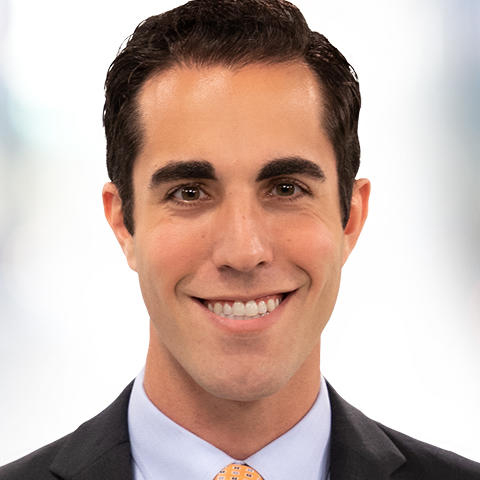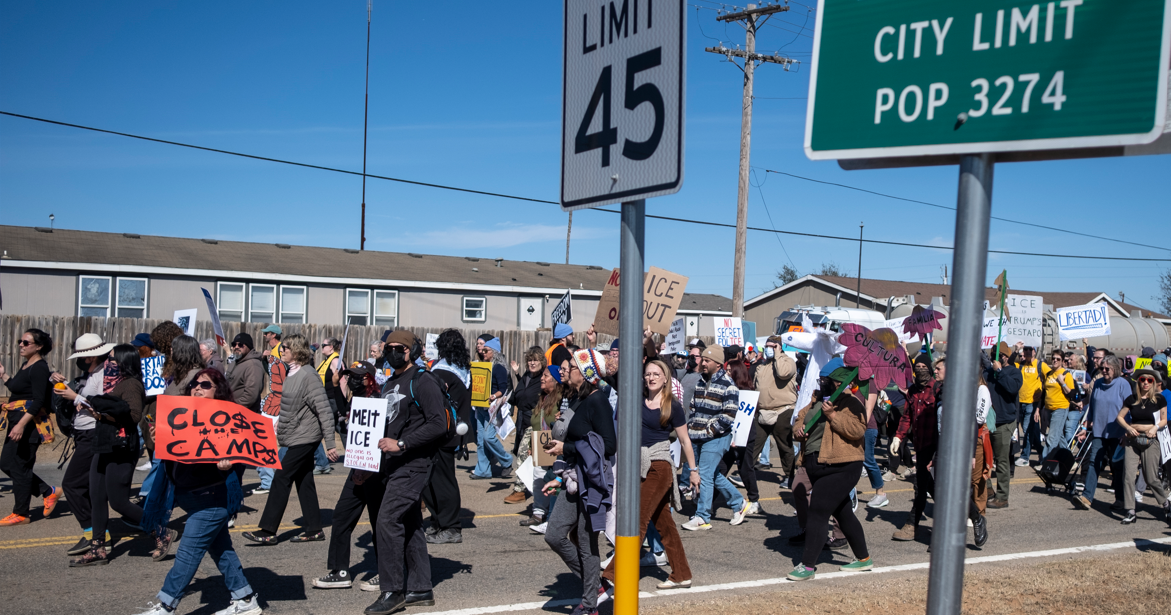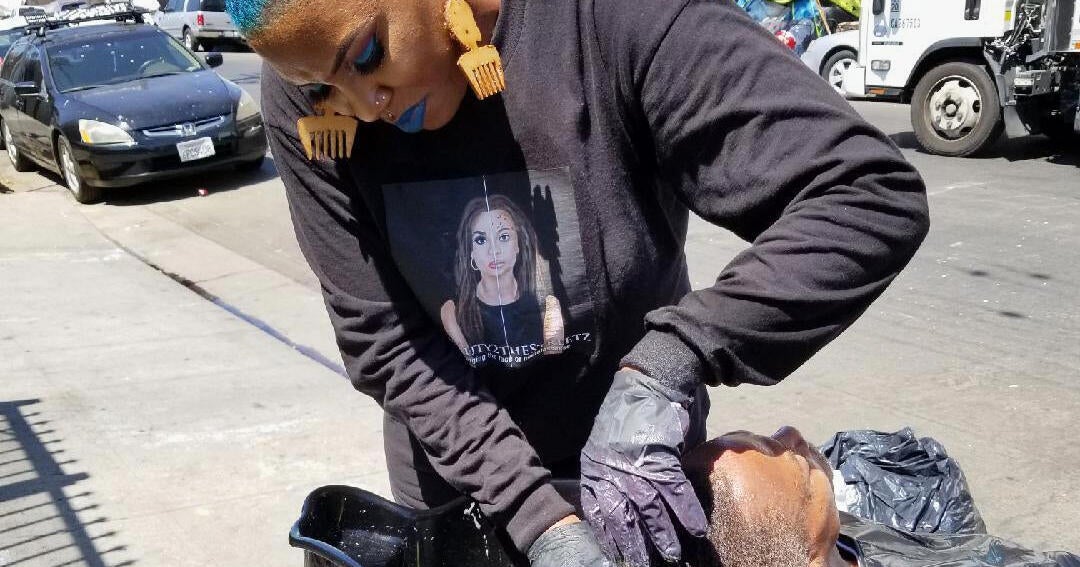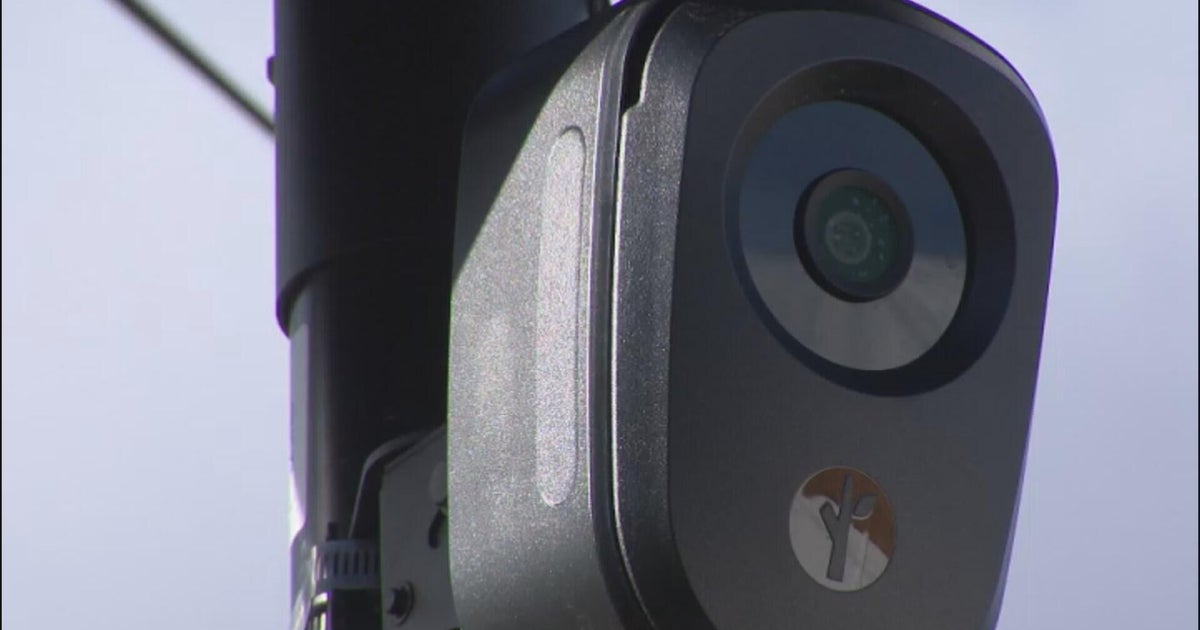Activist steals controversial portrait of Earle Brown from Brooklyn Center Hall of Fame
BROOKLYN CENTER, Minn. — A Minnesota city is once again wrestling with the controversial past of one of its most famous residents.
Brooklyn Center has removed Earle Brown's name from buildings in recent years but he remains in the city's hall of fame. A local activist was willing to break the law trying to change taht.
One of the earliest inductees into the Brooklyn Center Hall of Fame was Earle Brown. The city was formed on his farm in the early 1900s. He was a sheriff and helped found the state patrol.
Although some of the facts are disputed, Brown is also believed to have had ties with the Ku Klux Klan.
In March, Lori Bardal decided to do something about it. She took Brown's picture right off the wall.
"It was wrong to have the picture up, and I would prefer to see a wall that represents our community," she said. "It was doing the city a favor by not creating a big deal of it."
Not long after, police showed up at her door. Bardal returned the picture and no charges were filed, but she doesn't feel she did anything wrong.
"I don't feel the picture should have been up there. Yes, I could've gone about it in a different way, most definitely," she said.
Brown's past has led the city in recent years to remove his name from an elementary school, an apartment complex, and the Heritage Center events venue.
He still has a presence though, as the Center is directly across the street from Earle Brown Tower, and they both share Earle Brown Drive for an address.
"I think the city knows better, and they're not doing better," Bardal said. "Glorifying what he represented is disgraceful."
Last month, Bardal spoke to the city council about the portrait staying up. She's received death threats for her activism in the past.
She's now concerned for her safety once again after the police report for the portrait theft, with her address and telephone number, was posted online.
"If it needs to be up, then at least put the true story of who Earle Brown was," Bardal said.
The portrait is back on display.
A statement from Brooklyn Center's mayor says:
The portrait has been returned and hung back up. It is part of a Brooklyn Center Hall of Fame display that predates my time on the city council and was curated by the Brooklyn Center Historical Society with the permission of a previous city council.
I see this situation as an opportunity to bring the community, council and those who proposed the hall of fame to a previous council together to reevaluate and/or consider updating the display on a scheduled basis. We would also need to ask ourselves questions like: Who decides who is in the hall of fame? How often should it be updated if at all? What are the personal qualities and contributions that constitute the honor of being included? What considerations should be given to ensure inclusion of diverse members are reflected?
There have been discussions in the past with council related to having the current councilmembers pictures hung up in city hall, but thus far there has not been a formal action taken to do so.
I personally think it's important to acknowledge our historical roots as well as honor those who are currently serving the community with integrity and grace.
Earl Brown left his farm and a legacy that was positive in many ways to Brooklyn Center but there is also reason to believe that he may have had some connection to groups who have historically persecuted people of color. Which constitutes over half of the population of our city. That is why the Brooklyn Center Elementary school and the Brooklyn Center Heritage Center were renamed. However the historical items that help tell the story of Earl Brown and his contributions to Brooklyn Center remain on display at the Heritage Center. We have no plans to rename streets or the water tower.
I think it's also important to remember --whether we are talking about those from our past or those from our present-- that people are capable of being more than one thing at one time. We all are capable of doing great things that uplift our sense of shared compassion and humanity and we are all also capable of doing terrible things that move us back collectively. If we completely erase our histories--especially the uncomfortable truths--how do we learn from them and prevent repeating the same mistakes? I believe honesty, compassion and balance is what's needed.








